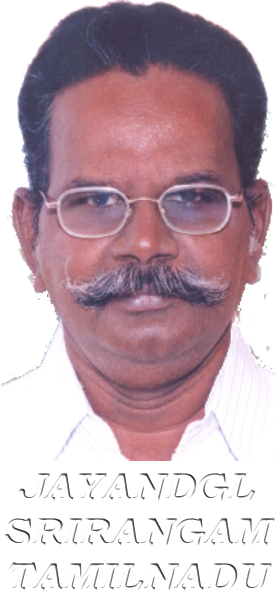266.HOW DID DICTIONARIES BEGIN?
What is a dictionary as we know it today? It is a book that lists the words of a language and gives their meanings, usually in alphabetical order. Often there is also information regarding the pronunciation, the
origin of the words, and how they are used. Strangely enough, it took hundreds of years for even the idea of such a book to develop. The first time the word “dictionary” was used it appeared in its Latin form, dictionarius which means “a collection of words.” This was about the year 1225, and it was the title of a manuscript containing Latin words to be memorized. This dictionaries was used only in the classroom in the teaching of Latin.
In the fifteenth century, English words began to appear in dictionaries, but they were used only to help the study of Latin. In one of them, about twelve thousand English words appeared, each with its Latin equivalent.
What is considered to be the first real English dictionary was printed in 1552. This book still had a Latin title, and the study of Latin was part of its purpose, but it also was useful for those who wanted to learn to read English. What makes it the first English dictionary is that at last the English word was first defined in English and then came the Latin translation.
This dictionary was compiled by a man called Richard Huloet, and he had quite a sense of humor! For example, here is something from this first dictionary: “Black (or blewe) spotte in the face or bodye, made with a stroke, as when a wife bath a blewe eye, she sayth she bath stomped on hir good man his fyste.”
Gradually, more and more books of this type appeared. Many of them contained only a few thousand words, especially chosen by the author for some specified purpose. One such dictionary, for instance, didn’t have the words arranged by their initial letters but by the spelling of their final syllables. This was to help poets and it was a sort of rhyming dictionary.
In fact, the compilers of early dictionaries made no attempt to include all words. They were satisfied just to explain the hard words From these beginnings came our modern dictionaries some of which include all the words in the English language.



Leave a Reply